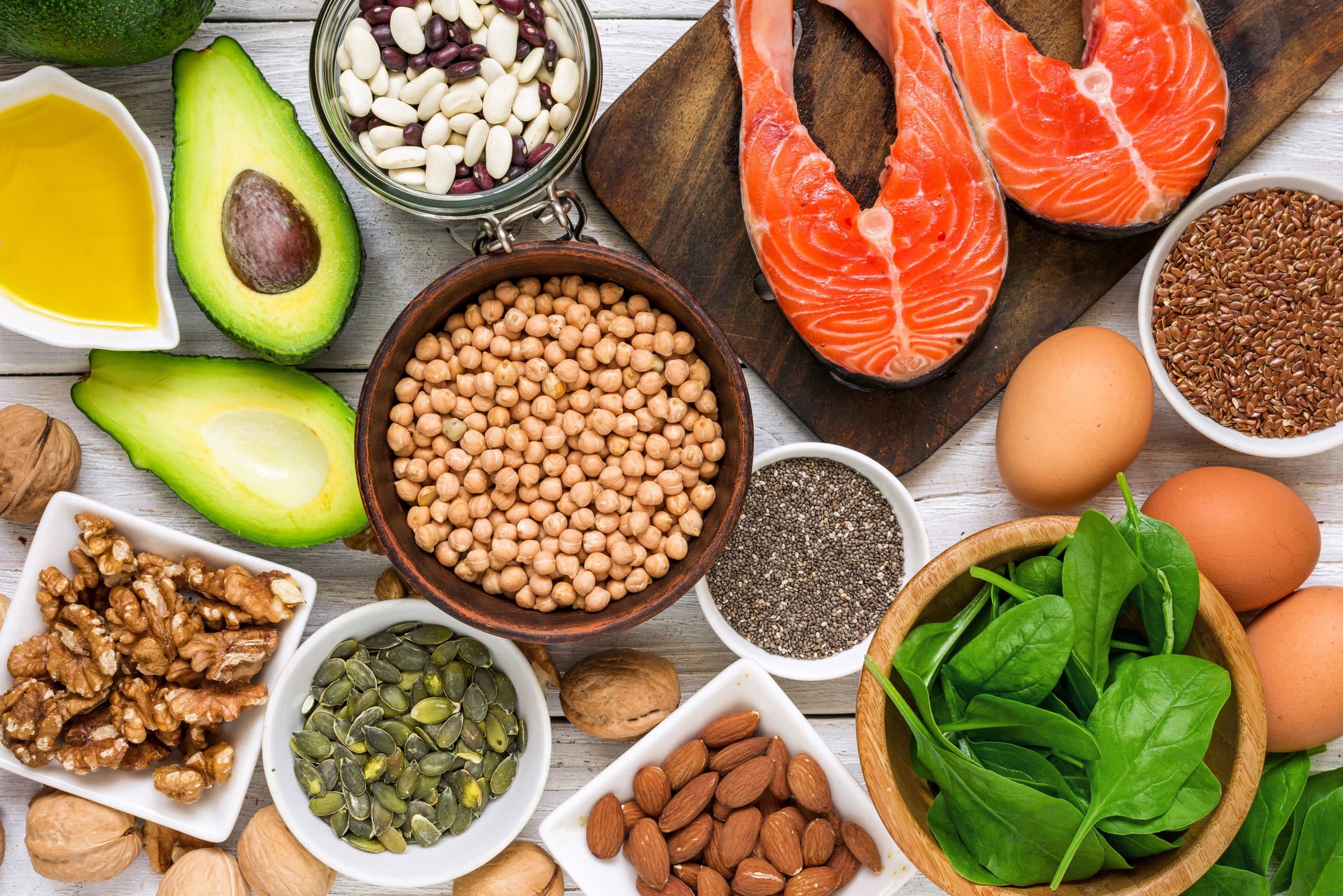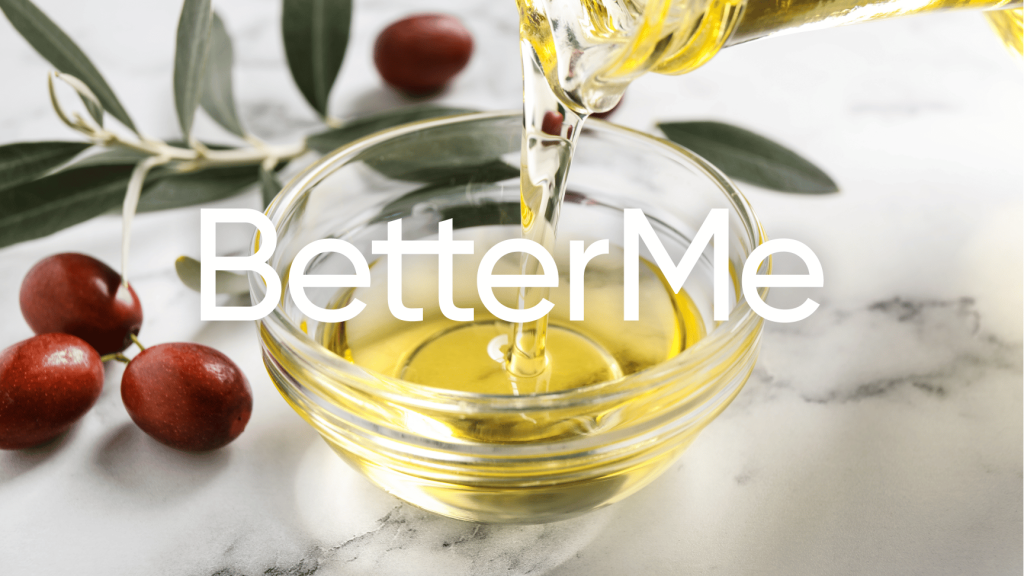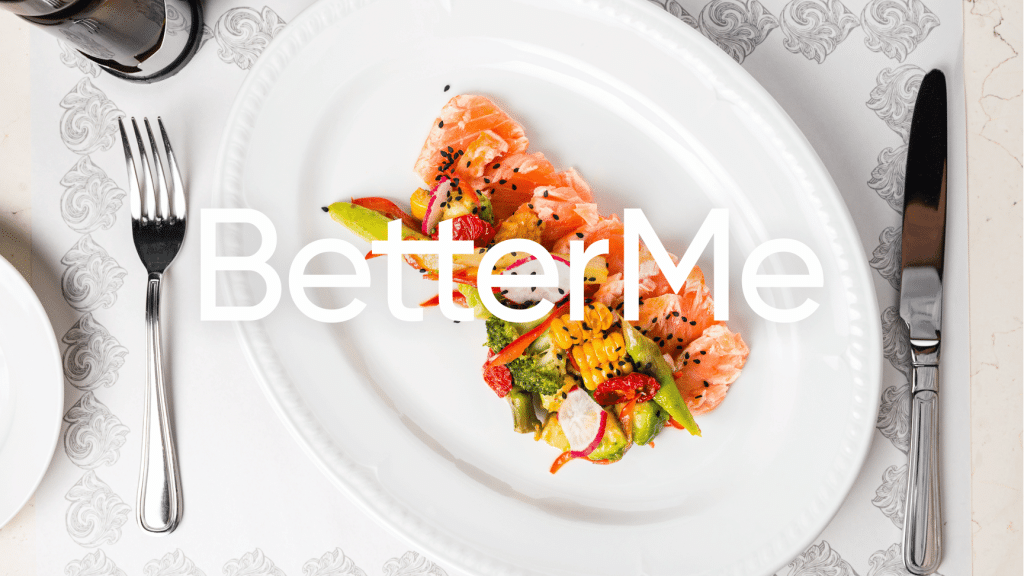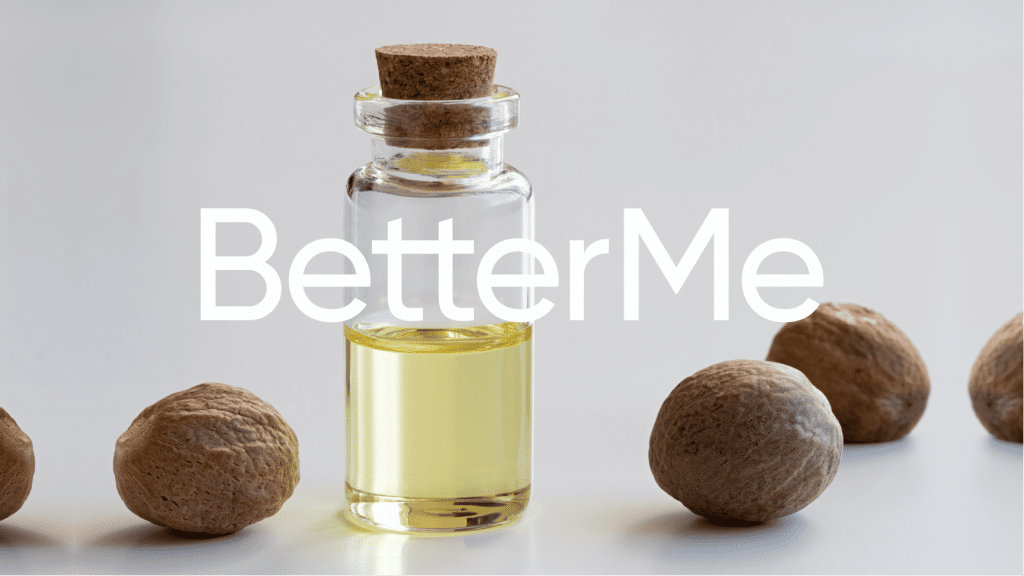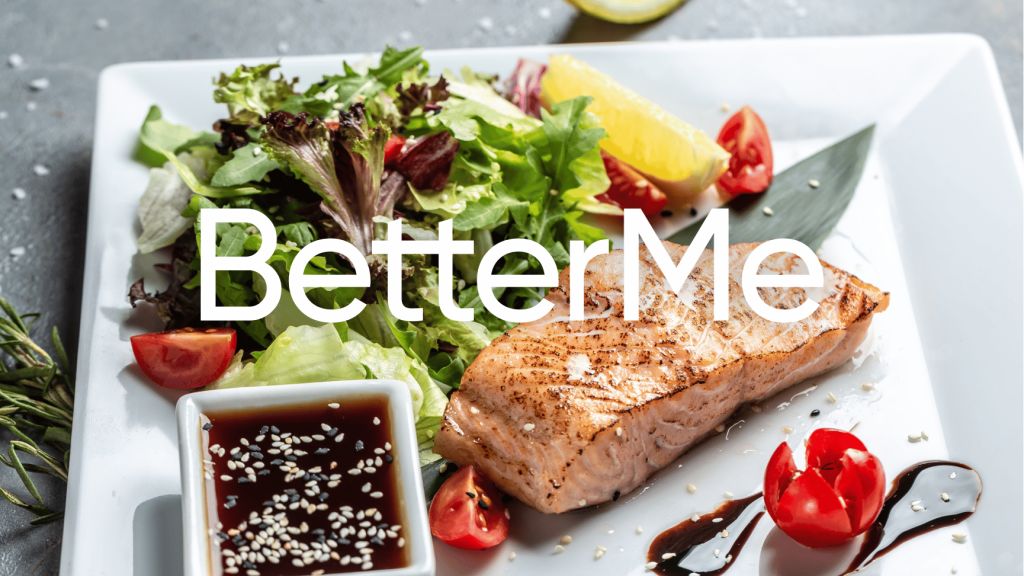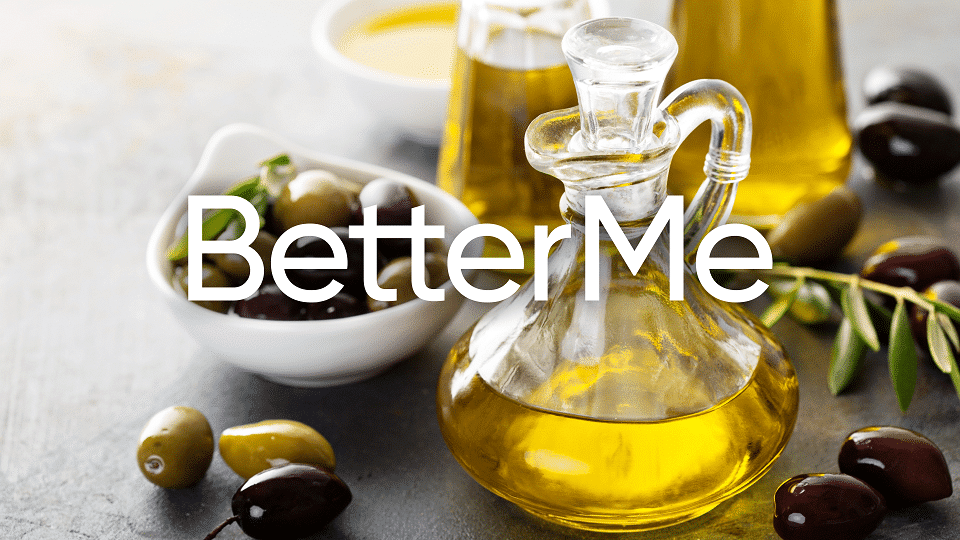When we hear the word fat we usually have associations with negative things like junk food or unnecessary weight gain. Some people stick to only low-fat diets and have no idea how essential fat is for a healthy functioning body. The point is that in real life we actually need fat to maintain good health and live longer.
But here’s where it gets interesting. There are different types of fat, broadly speaking: saturated, unsaturated, and trans. Today we are going to delve into a battle between the first two main categories of fats: saturated vs unsaturated.
Which Is Healthier: Saturated Or Unsaturated Fat?
We all care about our health conditions and even if we consume various fats we still may confuse healthy fats with unhealthy ones.
The American Heart Association (AHA) recommends that between 20% and 35% of your total daily calories should consist of fat (6).
There are two major types of fat: saturated and unsaturated. Both of these can be part of a healthy diet in the right proportions.. However, one of them is generally healthier than the other.
If you desire to know which is healthier – saturated or unsaturated fat you should start by comparing their fat structure:
| Structure | Saturated Fat | Unsaturated Fat |
|---|---|---|
| Types of bonds | Consists of all single bonds | Includes one or more double bonds |
| Rancidity | Low | High |
| Physical state at room temperature | Solid (also Trans fats) | Liquid |
| Shelf life | Long-lasting. These fats do not spoil quickly | Short-lasting. These fats spoil quickly |
Read More: Fat-Free Butter: What It Is And Why It’s Good For You
Saturated Fat Products
Even though our body needs some saturated fat, the source where it comes from is also important. Because there is a difference between consuming chicken with rice and chips with coca-cola. Both of these meals include saturated fats, however, the chips and soda are much less nutritious. Let’s check out more examples of saturated fat products:
- Meat red meat, like including beef, also poultry, and pork
- Dairy products including cheese, ice cream, butter, and milk
- Certain plant oils such as palm kernel or coconut oil
- Processed meats including bologna, bacon, hot dogs, and sausages
- Packaged and processed snacks including chips, cookies, crackers, pastries
There are a couple of scientifically proven reasons of why food full of saturated fat is more harmful than unsaturated fat food:
- When you consume too much saturated fat, especially processed meats or packaged snacks, it can increase levels of low-density lipoprotein, or “bad” cholesterol. If the level of cholesterol in your body is high, that can increase the risk of a heart disease;
- The health hazards of saturated fats, however, can depend on the type of food source they come from. For example, a National Institutes of Health study found that red and processed meats can increase your risk of cardiovascular diseases, substituting for those with other foods including low fat dairy may decrease risk (4).
Unsaturated Fat Products
As we can see, unsaturated fat products have double bonds which break up the chain of hydrogen molecules by creating gaps. This is why they are called unsaturated.
Unsaturated fats can help decrease Low Density Lipoproteins (LDL or bad cholesterol) and
increase High-Density Lipoprotein, or good cholesterol).
Thanks to this quality they are more beneficial to your heart health. Unsaturated fats can help lower a person’s levels of LDL cholesterol, build stronger cell membranes in the body, and reduce inflammation, and. Some unsaturated fats that are called omega-3s might also help lower the risk of rheumatoid arthritis, according to a 2014 study (3).
You can find them in such products:
- Oily fish (mackerel, trout, salmon, anchovies, and herring)
- Nuts, seeds (cashews, walnuts, almonds, peanuts, and macadamia nuts)
- Vegetable oils (sunflower oil, olive oil)
- Chia and hemp seeds
- Oysters
- Soybeans
- Ground flax and flaxseed oil
BetterMe app will provide you with a host of fat-frying fitness routines that’ll scare the extra pounds away and turn your body into a masterpiece! Get your life moving in the right direction with BetterMe!
What Is The Difference Between Saturated And Unsaturated Fat?
Every day we consume a decent amount of fat because our body needs it for energy, absorption of some vitamins and minerals, and many other functions. Moreover, fats help us build cell membranes, support muscle movement, and nerve health.
Most fats we eat daily can be described as saturated and unsaturated fats.
If you are interested in the difference between saturated and unsaturated fats, here is the conclusion: Experts agree that for the most part, unsaturated fats are good for your body. Unsaturated fats are beneficial to heart health because they help maintain healthy cholesterol levels, which helps prevent conditions like heart disease and stroke (1).
Saturated fats, on the contrary, can increase Low Density of Lipoproteins (LDL or bad cholesterol). Other foods that contribute to increased bad cholesterol are foods rich in refined carbohydrates, such as white sugar, and flour.
Ergo, if you are consuming too many saturated fats you might have a higher risk of cardiovascular disease.
Still, it does not mean you must deprive yourself of certain foods all the time. It also doesn’t mean you need to devour only fish and nuts. The bottom line is that you need to limit your saturated fat intake, but you don’t need to avoid it altogether.
The American Heart Association recommends limiting your intake of saturated fat to less than 6 percent of your daily calories. That presupposes about 120 calories or about 13 grams per day on a 2000-calorie daily diet (7).
Eating saturated fats in moderation will not only keep you energized but also healthy and productive. It is always beneficial to your health to replace saturated fats with unsaturated ones when you can. Here are some good examples:
- Instead of butter, use olive oil or another plant-based oil as your primary cooking fat. .
- You can substitute chips with sunflower seeds or nuts. Be aware of the amount of seeds and nuts you take, because they are energy-dense.
Why Are Unsaturated Fats Better?
As was mentioned above, unsaturated fats are usually liquid at room temperature, because they contain one or more double bonds and don’t stack together as neatly. We can highlight two major types of unsaturated fats:
- Monounsaturated fats. This type of fat contains only one carbon-to-carbon double bond. Food that has a high level of monounsaturated fats is nuts, avocados, seeds, olive, peanut, and canola oil. Research shows that consumption of monounsaturated fats may help lower your risk for cardiovascular disease.
- Polyunsaturated fats. This type of unsaturated fat contains two or more double bonds. They are vital to blood clotting, covering nerves, muscle movement, and building cell membranes. Polyunsaturated fats are divided into two types:
- Omega-3 fatty acids are considered anti-inflammatory and may be beneficial for lowering blood pressure, reducing triglycerides, reducing risk of heart attack and stroke, and slowing the development of plaque in the arteries.
Products that are rich in Omega-3 fatty acids include:
- fatty fish, such as sardines, tuna, salmon, trout, mackerel, and herring
- ground flax and flaxseed oil
- soybeans
- oysters
- walnuts
- sunflower seeds
- chia seeds
- hemp seeds.
- Omega-6 fatty acids help you regulate metabolism, stimulate skin and hair growth, and maintain the reproductive system. There is debate about their inflammatory role in the body. It is feared that excessive omega-6 intake may contribute to inflammation, which is associated with several chronic diseases.
Products that are rich in Omega-6 fatty acids are:
- corn oil
- soybean oil
- canola oil
- sunflower oil
- walnut oil
- safflower oil
However, in general, monounsaturated and polyunsaturated fats can help maintain healthy cholesterol levels, which may prevent heart conditions and other chronic diseases. That is why unsaturated fats are healthier than saturated ones.
Read More: Algal Oil: A Sustainable Source Of Brain-Healthy Omega-3 Fatty Acids
Which Fat Is Bad Saturated Vs Unsaturated?
When we compare saturated and unsaturated fats we can see the real differences in their impact on our bodies. Most saturated fats come from animal-based products, like ice cream, milk, butter; poultry, and red meat; with a small number of plant oils (coconut and palm oil). Yes, saturated fat has more disadvantages than advantages:
- It may increase the level of “bad” cholesterol which may increase a person’s risk of a heart disease
- Diets that contain a lot of saturated fats can contribute to obesity and the risk of cardiovascular disease (CVD)
Nevertheless, recent research hasn’t linked saturated fats and heart disease. A 2019 review did not record any association between saturated fat intake and risk of heart disease. Trans fats, however, did increase the risk (2).
It is still recommended that we limit our saturated fat intake to no more than 6% of daily calories.
Unsaturated fat is found in vegetable oil, nuts, fish, and avocados. It has more advantages than disadvantages:
- It may help to reduce the risk of cardiovascular disease and overall mortality
- It benefits blood clotting and muscle movement
It gives them priority over saturated fats. But an excess of unsaturated fats might be harmful too.
The best thing you can do to feel invigorated and maintain a healthy body is to consume these fats in balance. People love pizza, right? So, after pizza, you can have oatmeal pancakes for dessert, instead of chocolate bars. You will be happy because you enjoyed pizza and also for dessert you have got something healthy and nutritious. Remember two golden rules:
- Eat more unsaturated fat products than saturated
- Learn how to balance saturated and unsaturated fats. Most foods contain a combination of different fats in different proportions.
Which Fat Is Bad Trans Fat Vs Saturated Fat?
Our body needs fat to work properly. Fat can be found in different food groups, like dairy, meat, and oils group foods. There are different kinds of fat. Some of them are beneficial to your heart health and some can cause trouble when you eat too much of them. However, some fats have little nutrition and can cause more harm even in a small amount.
Now we are going to compare trans and saturated fat and you will find out that they have almost nothing in common. One of them can be helpful and the other one brings only harm.
Saturated Fats
Unfortunately, excess saturated fat can increase the risk of heart disease. Nonetheless, research published by the Journal of the American College of Cardiology in 2015 showed that when a person cut out saturated fat from the diet and replaced it with refined carbohydrates, it brought no benefit (5).
In order to stay healthy and decrease the risk of heart disease, you can replace saturated fat with mono- or polyunsaturated fats, or whole grains. For example, switch to low-fat milk and use olive oil instead of butter. Have oily fish instead of red meat once or twice a week. These mono and polyunsaturated fats may help reduce the risk for cardiovascular disease. Plus, they may lower cholesterol and triglycerides and reduce inflammation.
Trans Fats
Trans fats are considered to be partially hydrogenated vegetable oil or trans fatty acids. It makes them more harmful than saturated (4).
There are two types of trans fats:
- Natural. They occur in some animal products and aren’t thought to bring any harm to our health
- Artificial or industrial made. This trans fat is created via a process called hydrogenation. This kind of fat brings serious harm to our health. You can find trans fat in such products as frozen pizza, cookies, donuts, processed snack foods, cakes, and shortening.
Trans fats are more harmful because they:
- Industrial-made trans fats may increase the risk of type 2 diabetes
- It increases “bad” cholesterol and decreases good cholesterol
- Trans fats increase inflammation, especially in people with obesity
Artificial trans fat is no longer generally recognized as safe for human consumption by the FDA and is being phased out of the food supply worldwide. In the meantime, if you want to avoid trans fats pay attention to nutrition labels for ingredients, like shortening or partially hydrogenated. Moreover, it will be a good idea to look for trans fat information in products like cookies, crackers, and fried food.
Betterme will keep you laser-focused on your weight loss journey! Nutrient-packed meal plans, fat-blasting workouts, galvanizing challenges and much more. Try using the app and see for yourself!
How Can I Choose The Right Kind Of Fat?
It can sometimes be challenging to choose healthy fat. You stand in a grocery store and scratch your head thinking about which product to choose. Here are some tips that may be helpful for choosing the right fats:
- Choose leaner cuts of meat that do not have much fat. Cut visible fat off meats before eating.
- Substitute whole fat milk with low-fat milk.
- Sauté with olive oil instead of butter. You can find olive oils almost in every grocery store.
- Dress your salads with olive oil and vinegar instead of store-bought dressings.
- Instead of deep-frying, change to baking, steaming, or grilling.
- Substitute chips and processed crackers with nuts.
- Try peanut butter or other nut-butter spreads without trans fats on toasts, bananas, or low-fat crackers.
- Make sandwiches with avocados and nuts. They are an essential source of unsaturated fats and they will keep you full.
- Every week try to prepare fish (salmon, mackerel, or any other fish) at least once. Grilling, steaming or baking will add minimal extra fat from other sources.
Conclusion
Our body needs both saturated and unsaturated fats. You can find saturated fats in either healthy products like dairies and red meat or processed food like chips and hot dogs. Unsaturated fats are healthier and they can be found in nuts, avocados, plant oils, or fish. In order to stay healthy try to substitute some saturated fats with unsaturated ones. This will help you maintain healthy cholesterol levels and may reduce the risk of heart disease.
Get your personalized
meal plan!
DISCLAIMER:
This article is intended for general informational purposes only and does not serve to address individual circumstances. It is not a substitute for professional advice or help and should not be relied on for making any kind of decision-making. Any action taken as a direct or indirect result of the information in this article is entirely at your own risk and is your sole responsibility.
BetterMe, its content staff, and its medical advisors accept no responsibility for inaccuracies, errors, misstatements, inconsistencies, or omissions and specifically disclaim any liability, loss or risk, personal, professional or otherwise, which may be incurred as a consequence, directly or indirectly, of the use and/or application of any content.
You should always seek the advice of your physician or other qualified health provider with any questions you may have regarding a medical condition or your specific situation. Never disregard professional medical advice or delay seeking it because of BetterMe content. If you suspect or think you may have a medical emergency, call your doctor.
SOURCES:
- Differences Between Saturated and Unsaturated Fats (2021, latourangelle.com)
- Is saturated or unsaturated fat better for health? (2021, medicalnewstoday)
- Long-term intake of dietary long-chain n-3 polyunsaturated fatty acids and risk of rheumatoid arthritis: a prospective cohort study of women (n.d., bmj.com)
- Risk in Red Meat? (2012, nih.gov)
- Saturated Fats Compared With Unsaturated Fats and Sources of Carbohydrates in Relation to Risk of Coronary Heart Disease: A Prospective Cohort Study (2015, nlm.nih.gov)
- The Difference Between Saturated and Unsaturated Fats (2021, verywellhealth.com)
- The Skinny on Fats (2020, heart.org)
- 8. Trans Fat vs. Saturated Fat: What’s the Difference? (2022, thehealthy.com)
